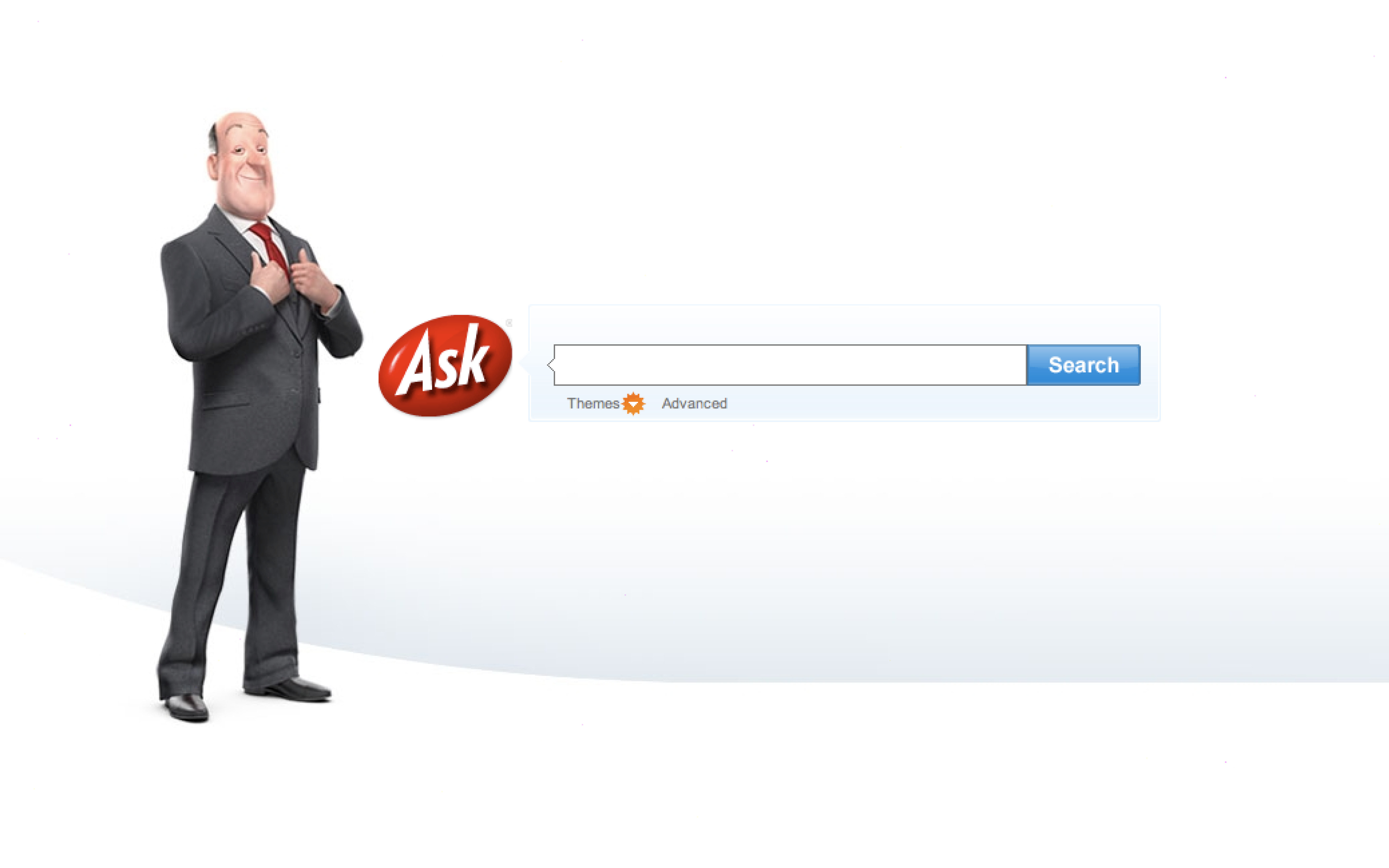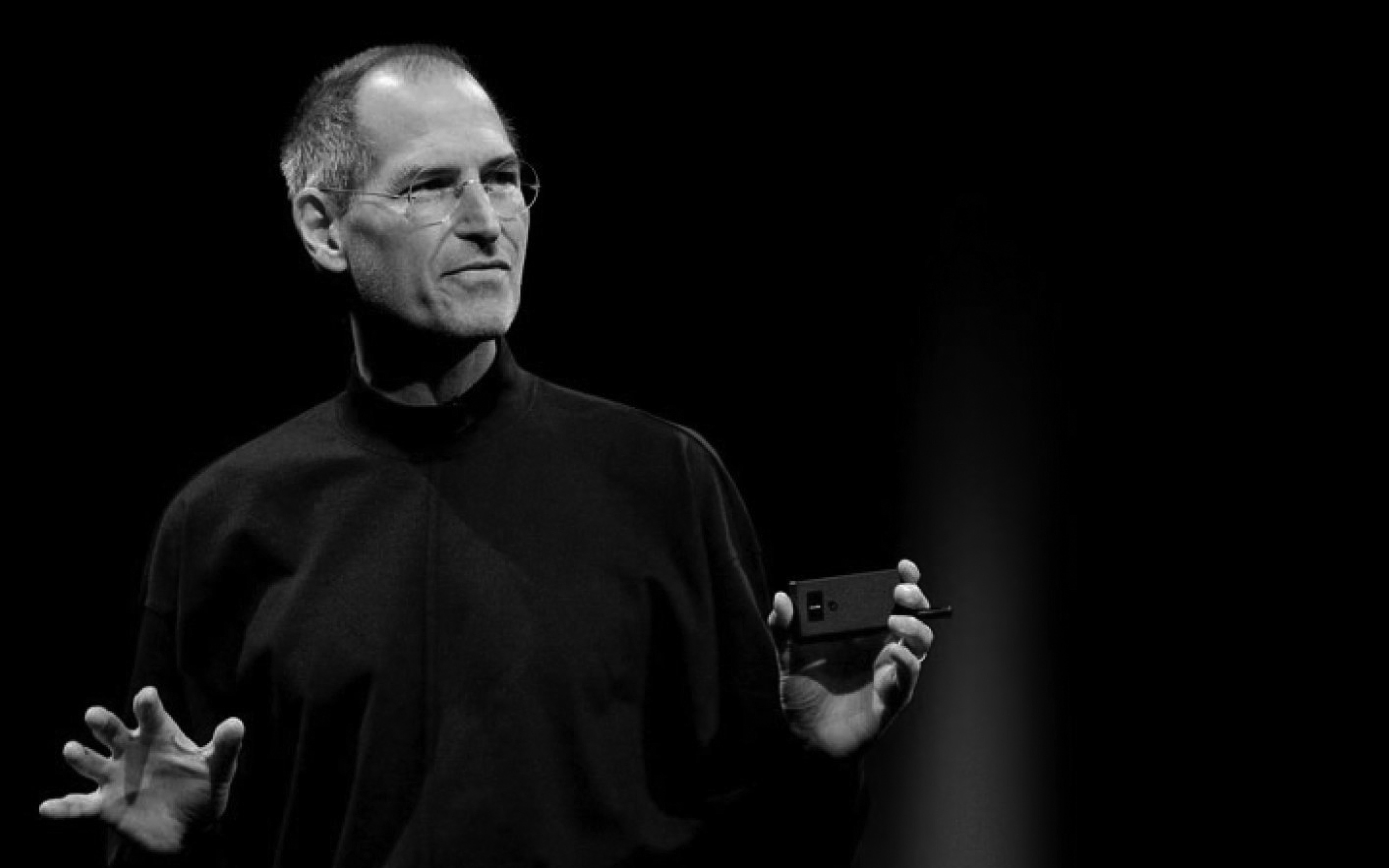When the web was young, we pictured it looking something like
this.
The web was a big mess of hypertext, all linked together. The first browsers also included an authoring tool. It was expected that you wouldn't just consume the web, but
contribute to it as well. Like the Internet that it ran on, the web was decentralized, chaotic, but also resilient. There were no obvious points of control, and the whole thing was too big for one company, or even one country, to get its hands around.
Today, of course, the web looks more like
this. The services we use most have all been centralized. The first thing to centralize was search. Google found a superior way to index our web, and the other search engines
faded away. Facebook won the social network wars in the US, and began gobbling up competitors in other countries.
The problem with a centralized web is that the few points of control attract some unsavory characters.
The degree of centralization is remarkable. Consider that
Google now makes hardware, operating systems, and a browser. This is a level of of end-to-end control that would have caused us to riot in the streets if Microsoft had attempted it in 1999. But times have changed.
And then there's
the cloud. The cloud fascinates me because of the distance between
what it promises and what it actually is.
The cloud promises us complete
liberation from the mundane world of hardware and infrastructure. It invites us to soar into an astral plane of pure computation, freed from the weary bonds of earth.
What the cloud
is is a big collection of buildings and computers that we actually know very little about, run by a large American company notorious for being pretty terrible to its workers. Who knows what
angry sysadmin lurks inside the cloud?








